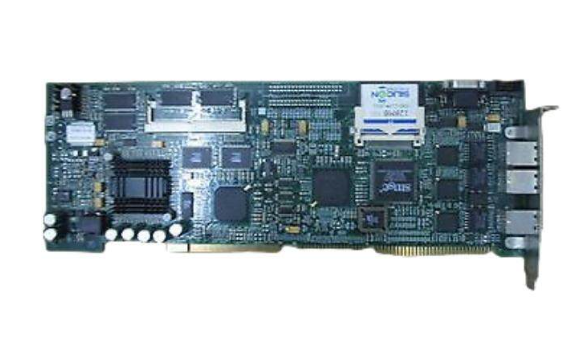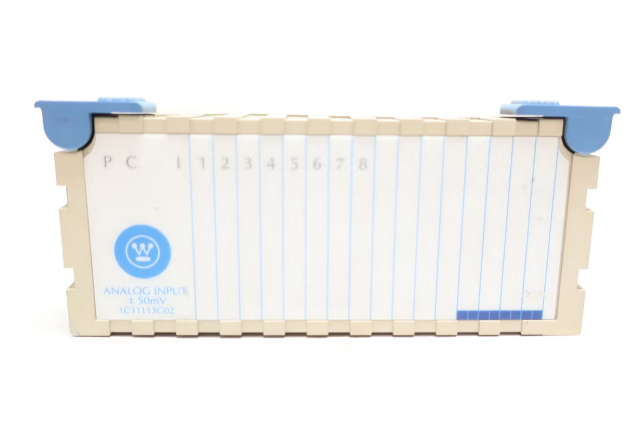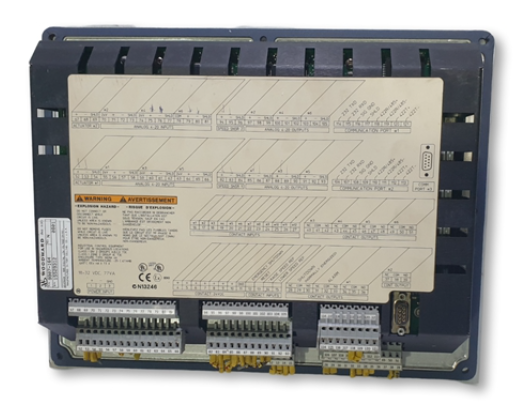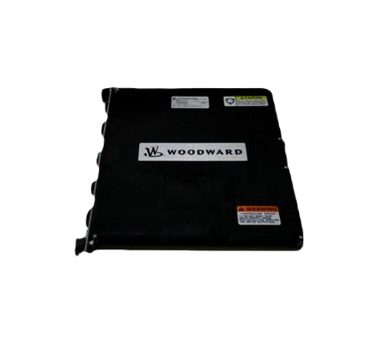Development of bio-based and biodegradable plastics in China
In 2020, the Party Central Committee and The State Council attach great importance to the control of plastic pollution, and will formulate a comprehensive treatment plan for "white pollution" as a key reform task. The tenth meeting of the Central Commission for Deepening Overall Reform reviewed and adopted the Opinions on Further Strengthening the control of Plastic Pollution issued by the National Development and Reform Commission and the Ministry of Ecology and Environment (hereinafter referred to as the "Opinions") to further strengthen the control of plastic pollution. It is required to prohibit and restrict the production, sale and use of some plastic products in an orderly manner, actively promote recyclable, easily recycled and degradable alternative products, increase the supply of green products, standardize the recycling and utilization of plastic waste, establish and improve the management system of all links, effectively and orderly control plastic pollution, and strive to build a beautiful China.
The Opinions stipulate that by 2020, we will take the lead in banning and restricting the production, sale and use of some plastic products in some regions and some areas. By 2022, the consumption of single-use plastic products will be significantly reduced, alternative products will be promoted, and the proportion of plastic waste resources and energy utilization will be significantly increased; In the areas of prominent plastic pollution problems and emerging areas such as e-commerce, express delivery, takeout, a number of replicable and scalable plastic reduction and green logistics models have been formed. By 2025, the management system for the production, circulation, consumption, recycling and disposal of plastic products will be basically established, the multi-component co-governance system will be basically formed, the development and application level of alternative products will be further improved, the amount of plastic waste in key cities will be significantly reduced, and plastic pollution will be effectively controlled.

Development status of bio-based and degradable plastics in China
In 2019, China's bioplastics production capacity was about 800,000 tons, accounting for about 35% of the global production capacity. The production capacity of biodegradable plastics is about 300,000 tons, accounting for 30% of the global production capacity. Among them, the production capacity of polylactic acid (PLA) plastic is about 50,000 tons, polyadipic acid/butylene terephthalate (PBAT), polybutylene succinate (PBS) plastic is 100,000 to 120,000 tons, polyhydroxyfatty acid ester (PHA) is 15,000 tons, polymethyl ethyl carbonate (PPC) is 35,000 tons, and other about 100,000 tons. At present, China's bio-based plastics are in the world's leading level, Academician Zhu Meifang of Donghua University pointed out in the report that in all non-petroleum degradable materials, PLA has good melting processing performance and excellent mechanical properties, and is considered to be the most biodegradable material with market potential so far, and has achieved good application in plastic film and fiber. Among the main varieties of bioplastics, Zhejiang Hiseng Biomaterials Co., Ltd. and Anhui Fengyuan Group Co., Ltd. initially have PLA mass production technology. In addition, among the PBAT material production enterprises, the larger enterprises are Jinhui Zhaolong High-tech Co., LTD., Jinfa Technology Co., LTD. According to public information, among the recently planned PBAT production projects, Jinfa Technology Co., LTD and Shandong Ruifeng Polymer Materials Co., LTD respectively plan 60,000 tons of production capacity, COFCO Biotechnology Co., LTD and Zhejiang Huafeng Spanlon Co., LTD respectively plan 300,000 tons. Tongcheng New Materials Group Co., Ltd. and Wanhua Chemical Group Co., Ltd. have planned a planned capacity of 100,000 tons and 60,000 tons respectively.
Polyglycolic acid (PGA) as an ideal complete biodegradable material, can be completely degraded within 1 to 3 months, non-toxic and harmless, the final degradation product is carbon dioxide and water, in the case of the rapid release of domestic coal to ethylene glycol production capacity, PGA as a good application of coal to ethylene glycol products, to resolve the coal to ethylene glycol production capacity provides a way out.
Misunderstanding of bio-based plastics and biodegradable plastics
At present, the public still has certain misunderstandings about biobased plastics and biodegradable plastics, such as equating biobased plastics with biodegradable plastics, equating biodegradable plastics with fully biodegradable plastics, and equating industrially compostable plastics with biodegradable plastics in the natural environment.
Biobased plastics are plastics derived from plants or other biological materials. Biodegradable plastics are plastics that can completely degrade into substances found in nature. The definition of biodegradability does not include a specific length of decomposition time or specific environmental conditions. Compostable plastics decompose under controlled conditions and become usable non-toxic soil amendments with a degradation time comparable to other compostable materials. Compostable plastics are a subset of biodegradable plastics that break down into usable soil amendments under controlled conditions, referring to biodegradable plastics collected and treated by industrial composting or anaerobic digestion as compostable plastics. The reduction and reuse of plastics should be prioritized over compostable plastics, and compostable plastics should not be substituted for plastics with high recovery rates.
- ABB
- General Electric
- EMERSON
- Honeywell
- HIMA
- ALSTOM
- Rolls-Royce
- MOTOROLA
- Rockwell
- Siemens
- Woodward
- YOKOGAWA
- FOXBORO
- KOLLMORGEN
- MOOG
- KB
- YAMAHA
- BENDER
- TEKTRONIX
- Westinghouse
- AMAT
- AB
- XYCOM
- Yaskawa
- B&R
- Schneider
- Kongsberg
- NI
- WATLOW
- ProSoft
- SEW
- ADVANCED
- Reliance
- TRICONEX
- METSO
- MAN
- Advantest
- STUDER
- KONGSBERG
- DANAHER MOTION
- Bently
- Galil
- EATON
- MOLEX
- Triconex
- DEIF
- B&W
- ZYGO
- Aerotech
- DANFOSS
- Beijer
- Moxa
- Rexroth
- Johnson
- WAGO
- TOSHIBA
- BMCM
- SMC
- HITACHI
- HIRSCHMANN
- Application field
- XP POWER
- CTI
- TRICON
- STOBER
- Thinklogical
- Horner Automation
- Meggitt
- Fanuc
- Baldor




































































































































